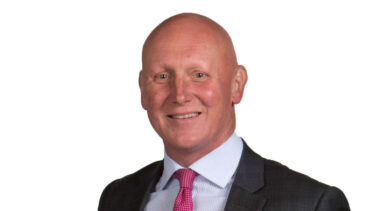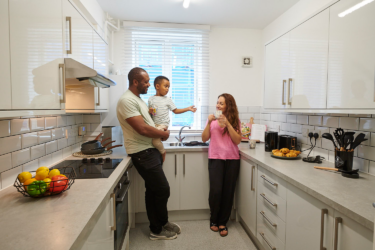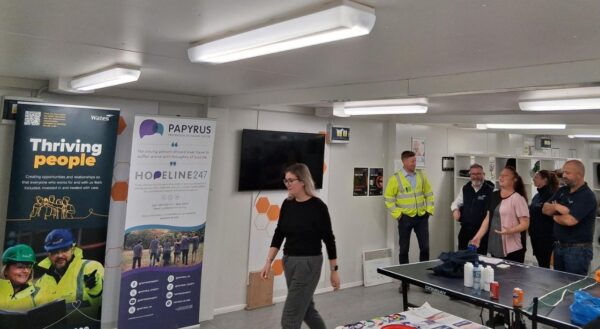It was brilliant to spend an hour with over 160 colleagues last week in a webinar organised by our Kelly Osborne, Head of Health and Wellbeing, as part of Mental Health Awareness Week.
Paul McGregor, the founder of Every Mind at Work, facilitated the session and asked me to talk about what ‘resilience’ meant to me personally with the group. I had given some thought to that in the week leading up to the webinar and for me, it’s about self-awareness and having a structure and a strategy around dealing with the pressures of our busy everyday lives. Knowing when you deal with things badly and how that makes you feel, and recognising when you’re doing well too, and celebrating those successes.
Tim Wates was also on the panel and stressed how important physical health was to to him, along with ensuring you have a strong social network around you. He also talked about very simple things that we can all do to manage our resilience such as getting enough sleep. We all have our own definitions of resilience, and it was good to hear what it means to others.
Paul spoke passionately about the notion of resilience itself and the common misconception that it means you’re absent of struggles.
How being resilient doesn’t mean you won’t have curve balls thrown at you in life but it’s about being equipped with the tools to manage that pressure and adversity in both your professional and personal lives.
We can easily get wrapped up in our jobs and one of the things that strikes me about resilience at work is how we sometimes don’t allow ourselves enough space and thinking time. I know for me personally when I have an overly packed diary it can get overwhelming, and I suspect that happens to us all at times.
It also made me think about the phrase ‘bringing your whole self to work’ and how we often don’t understand what happens in people’s personal lives. But it’s very relevant to how we are at work. I think it’s good management, good leadership and good team building to take time to empathise with what’s going on for colleagues outside of their working lives.
I’ll admit I haven’t been that great at sharing my own thoughts and concerns in the past.
But with the work we’ve done around mental health in recent years I’ve realised that your colleagues can go through things in their private lives that have a dramatic impact. The ability to talk about your own issues helps you realise that you’re not alone and people around you are dealing with similar things. If you are available to each other to have the conversation and acknowledge ‘it’s okay not to be okay’, then it becomes a safer environment and a healthier one to work in.
There were some emotional experiences shared during the hour both from the panel and in the chat room, and some good tips from colleagues about what’s worked for them. Providing forums like this are vital for us so people can talk if they want to, and also tell us what help they might need from Wates as employers.
It was an inspiring hour to be part of and great to hear the thoughts and opinions of colleagues.
Kelly Osborne has posted her own insights and more on the partnership we have formed with Paul at Every Mind at Work to develop training on personal resilience for our people.





